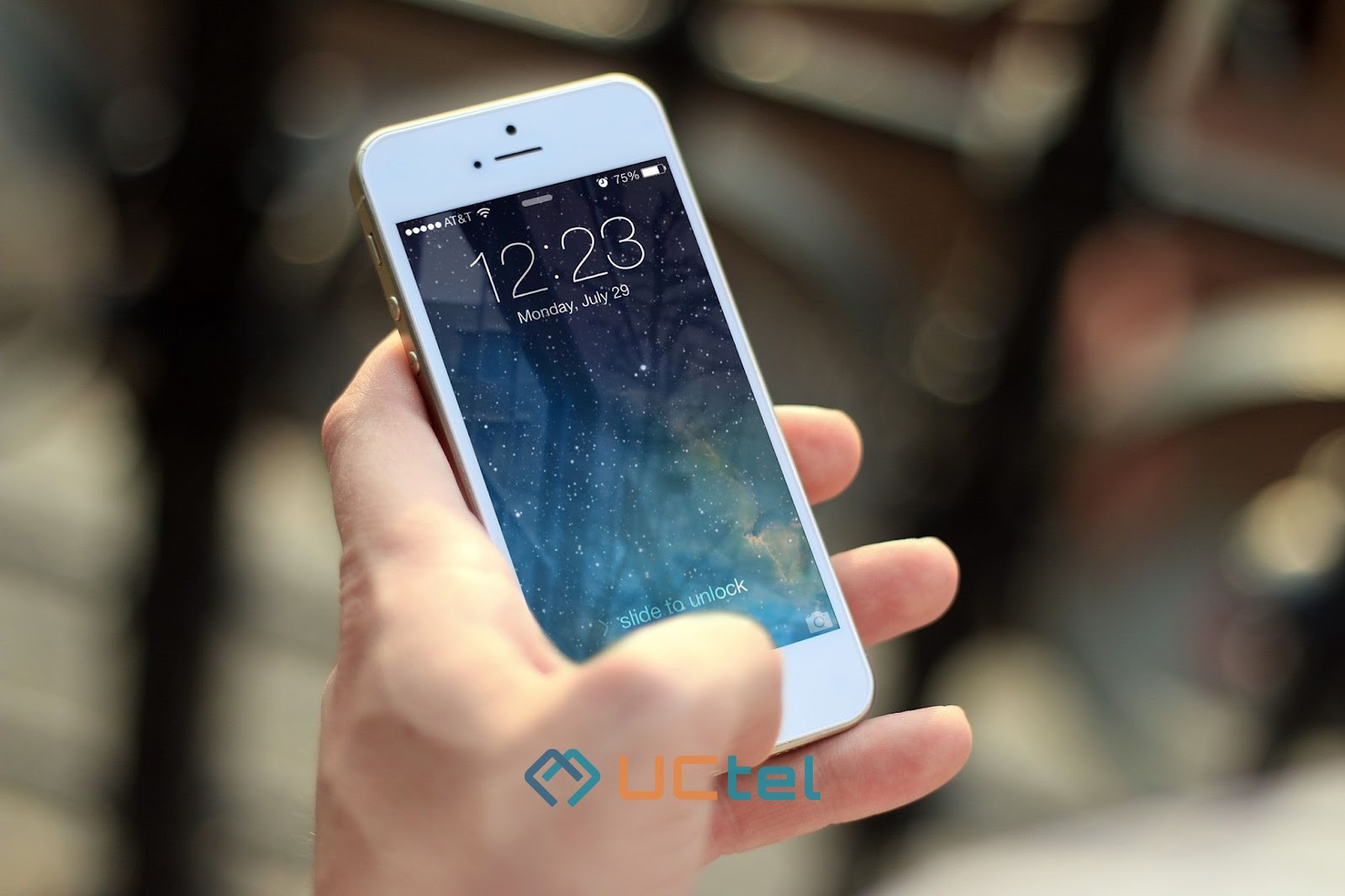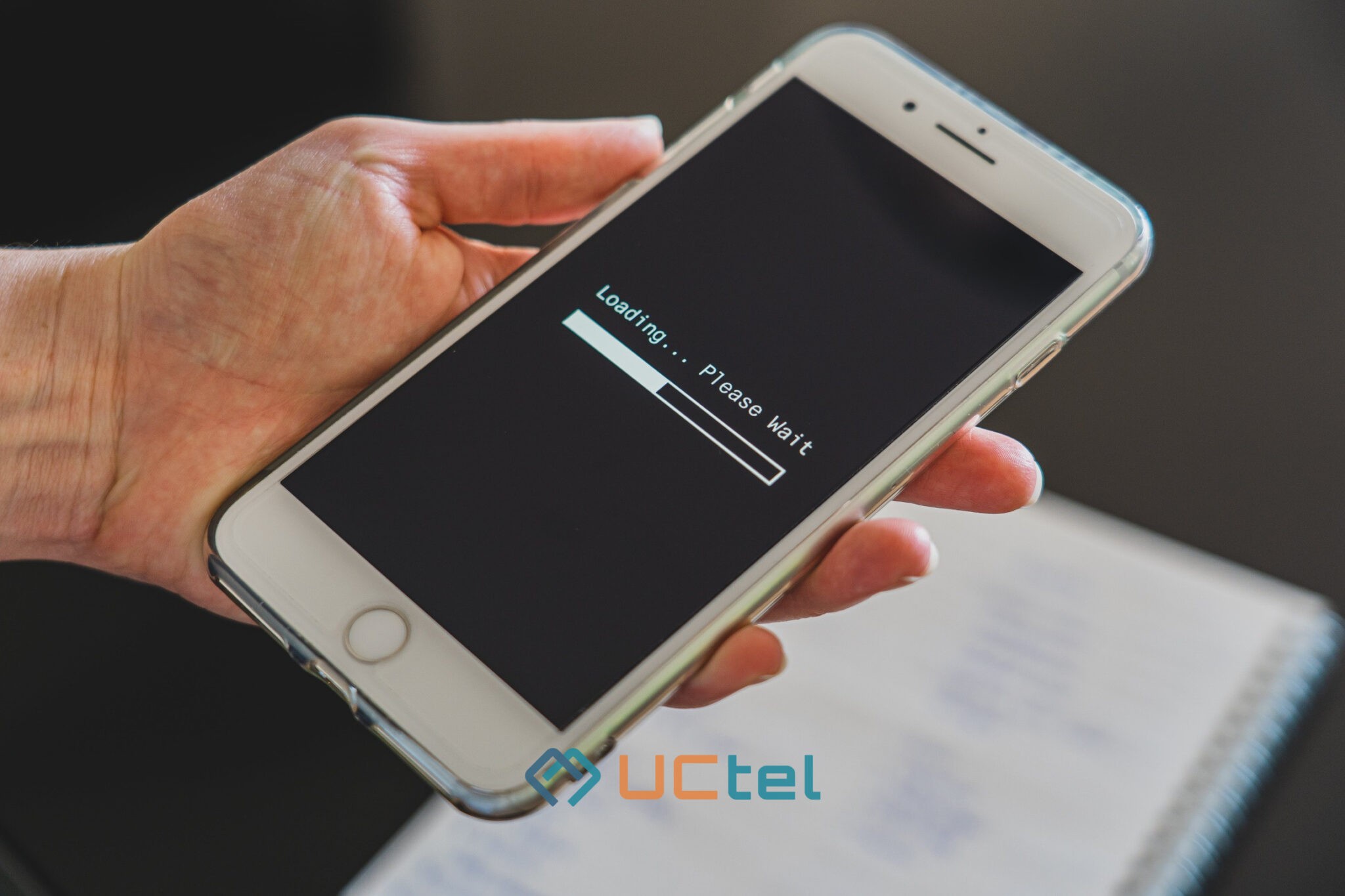
10 Disadvantages of Wi-Fi Calling in the UK: Missed Calls and Much More
Table of contents
Wi-Fi Calling (VoWiFi) allows users to make or receive calls via a wireless internet connection, as opposed to using traditional mobile service. With this feature becoming incredibly prevalent, many are wondering if the benefits of Wi-Fi Calling make it a viable alternative or a potential replacement for standard mobile signals.
However, VoWiFi often comes with certain unexpected drawbacks. In this comprehensive guide, we delve into the pros and cons of Wi-Fi Calling in the UK, including the dynamics of Wi-Fi Calling and missed calls, compatibility issues, SMS reception limitations, etc. Moreover, we will explore strategies to overcome the limitations and drawbacks of Wi-Fi calling, ensuring your communication needs are entirely met.
Let’s hit the ground running!
What is Wi-Fi Calling?
Wi-Fi Calling is a voice call-enabling service that routes calls to a Wi-Fi network instead of your phone service provider’s network. In basic terms, it lets users place and receive calls over a wireless internet connection, as opposed to using a mobile signal. When enabled on a smartphone, VoWiFi automatically connects a user to a Wi-Fi network, allowing both local and international calls as well as text messages. This feature is a handy alternative to mobile service in locations with limited network coverage.
Note that while this feature is not compatible with all mobile devices, most recent Android and iOS smartphones support it. Also, Three, EE, O2, and Vodafone, among other mobile providers in the UK, support VoWiFi.
Enjoy a seamless mobile experience with UCtel Get in touch
How Does Wi-Fi Calling Work?
In terms of user experience, Wi-Fi calling and regular phone connection offer similar functionality, allowing users to make and receive calls, access voicemail, and use other phone features. However, the underlying technology and network used for transmitting the calls differ.
Regular phone calls, also known as mobile calls, utilise a mobile phone tower and other mobile network infrastructure to establish and maintain the call. The voice data is transmitted through the mobile network's dedicated frequencies.
On the other hand, Wi-Fi Calling utilises an internet Wi-Fi connection over a Wi-Fi network to transmit voice data using Voice over IP (VoIP) technology. The voice data is converted into digital packets and transmitted over the internet, allowing for improved call quality and coverage within a Wi-Fi network’s range.
Advantages of Wi-Fi Calling in the UK
What’s the cream of the crop when it comes to Wi-Fi Calling?
1. Backup alternative for poor mobile coverage areas
With VoWiFi, users can switch from a mobile to a Wi-Fi call connection. In areas with poor reception, this feature is one of the most significant benefits of Wi-Fi Calling.
2. Affordable and straightforward
Depending on your mobile phone plan, Wi-Fi may be way more cost-effective than mobile data. In addition, VoWiFi is a pre-installed smartphone feature and requires minimal effort to activate.
3. Better phone battery life
When a smartphone’s data roaming feature is enabled, the phone’s battery life tends to drain quickly, particularly in areas with poor network coverage. Wi-Fi calls eliminate this problem and increase your battery life.
Important: While Wi-Fi Calling supports the popular BYOD (Bring Your Own Device) trend and is an excellent tool for personal use, it is less effective than a comprehensive business solution. This fact leads us to the main point — the drawbacks of VoWiFi.
Disadvantages of Wi-Fi Calling in the UK
Despite the many advantages of Wi-Fi Calling, it still fails to replace mobile networks in the UK. If you are thinking of implementing Wi-Fi Calling as your primary communication solution, here are the disadvantages of using VoWiFi on your mobile phone you should keep in mind:
1. Missed Calls
Have you ever received a notification about a missed call, yet you are sure there wasn't an actual call? Cases of missing calls while on Wi-Fi Calling is a widespread practice. The reason for that may vary, from Internet connection issues to router settings that block certain protocols and ports required for Wi-Fi Calling. But whatever the cause, each Wi-Fi Calling missed call for business can mean a lost opportunity that they simply can't afford to happen.
2. Dependency on a Stable Internet Connection
It’s a no-brainer that one of the critical disadvantages of Wi-Fi Calling is a lack of a reliable internet connection. While Wi-Fi Calling works well for personal calls from home, it’s primarily unreliable on public routers. To bring this into perspective, picture a public Wi-Fi network used in a café or mall. Because all the bandwidth is shared among many users, call quality will considerably drop.
3. Limited Device Support
Another disadvantage of using Wi-Fi as your primary communication channel is that it may only be available on some mobile devices or across all network providers. Some older or budget smartphones may not support this feature. So, if you don’t own a recent iPhone or Android smartphone with Wi-Fi Calling capabilities, you won’t be able to use this feature.
4. Limitations in SMS message reception
One of the most important factors to consider is Wi-Fi Calling's limited ability to receive SMS messages. While this service enables you to make voice calls, it doesn’t support the full range of SMS functionalities, making it impossible to receive critical SMS messages like one-time passwords for authentication purposes.
5. Potential Battery Drain
Generally, Wi-Fi Calling saves battery life, but in ideal settings where it’s always on, it can consume more battery power than regular mobile calls. In that case, your device needs to maintain a constant internet connection, which can increase battery usage and potentially shorten the battery life.
6. Compatibility issues
Activating Wi-Fi Calling usually involves enabling the feature on compatible mobile devices and with specific mobile carriers. Additionally, it might not integrate seamlessly with all native dialler apps, which could lead to potential inconvenience in making or receiving both personal and business calls.
7. Potential Restrictions on International Calls
While Wi-Fi Calling can offer cost savings for international calls, some service providers may impose limitations on international dialling or charge additional fees for such calls. These restrictions sure do not contribute to the VoWiFi convenience and affordability for international communication.
8. Emergency Service Limitations
Compared to regular calls, Wi-Fi Calling can have some limitations regarding emergency calls. Emergency services may not identify the location of the caller, resulting in higher response time and potential risks to the caller’s health and safety. This is especially vital for groups that might need to learn their current location or have language barriers.
9. Security Concerns
Using Wi-Fi Calling on public hotspots can be vulnerable to cyber threats and attacks. In theory, these calls are encrypted and should be secure; however, connecting to public hotspots is generally not advisable. Phishers and scammers are often targeting public Wi-Fi networks to steal personal information. The risk is exceptionally high if your Wi-Fi Calling service does not encrypt your data on public networks.
These are the main reasons why VoWiFi fails to provide reliable and uninterrupted connection in most situations. While it definitely offers advantages compared to traditional phone calls, its limitations make it hard to compete with UK networks, let alone 5G technology. As such, Wi-Fi Calling may serve as a valuable complement to mobile connections rather than a complete substitute.
For Important Conversations — Reliable Connection
After evaluating the pros and cons of Wi-Fi Calling in the UK, one might question whether it’s worth adopting this feature. The truth is that in the highly competitive business environment of the 21st century, where the mantra is “all or nothing,” maintaining a professional image is crucial — missing calls while on Wi-Fi Calling will not help you attain that. For casual, unofficial calls, it can be a good choice. However, in professional contexts, we advise against it.
Important: Some of our clients use VoWiFi to circumvent signal dead zones. While this can be a temporary fix, it might not be the best solution in the long term. For broader coverage, ease of use, and seamless handover, enterprises should consider installing a signal booster or setting up a private network.
UCtel Helps in Solving and Preventing Problems with Network Performance
Suppose you struggle to ensure a reliable connection due to the bad quality of Wi-Fi Calling in the UK. In that case, relying on mobile networks is a better solution for uninterrupted communication.
UCtel employs advanced network monitoring and analysis tools to identify and diagnose network performance issues. By choosing UCtel, your customers will experience a significant improvement in mobile signal strength, leading to enhanced call quality, enhanced data speed Mbps, and a more reliable connection. Whether for better group calls, smooth video streaming, or seamless internet browsing, UCtel empowers customers to overcome the frustrations of weak mobile signals.
Forget about dropped audio calls, an unstable quality, frequent loss of connection during Wi-Fi calls, and other negatives of Wi-Fi Calling — boost your mobile signal with UCtel today and unlock the full potential of your mobile connectivity. Experience stronger signals, better mobile network coverage, and improved video calls by partnering with UCtel, the trusted name in mobile signal-boosting solutions.
Feel free to contact us via 0333 344 4417 for a free consultation.






